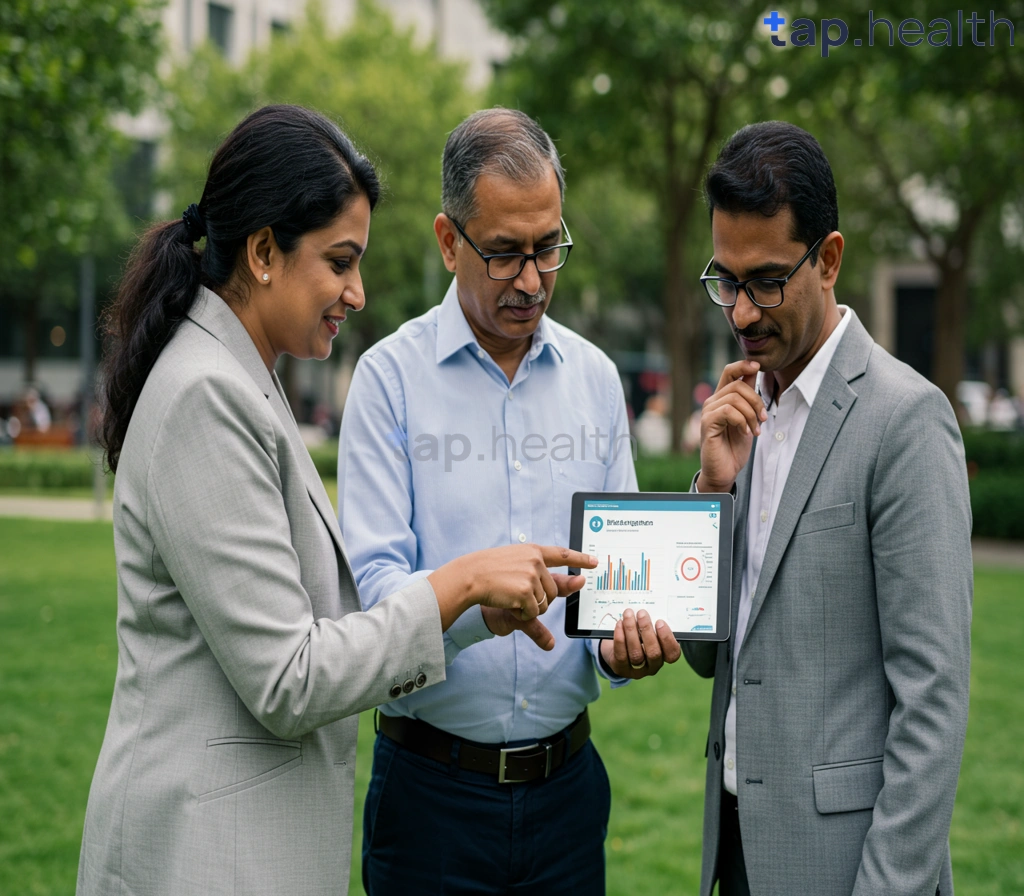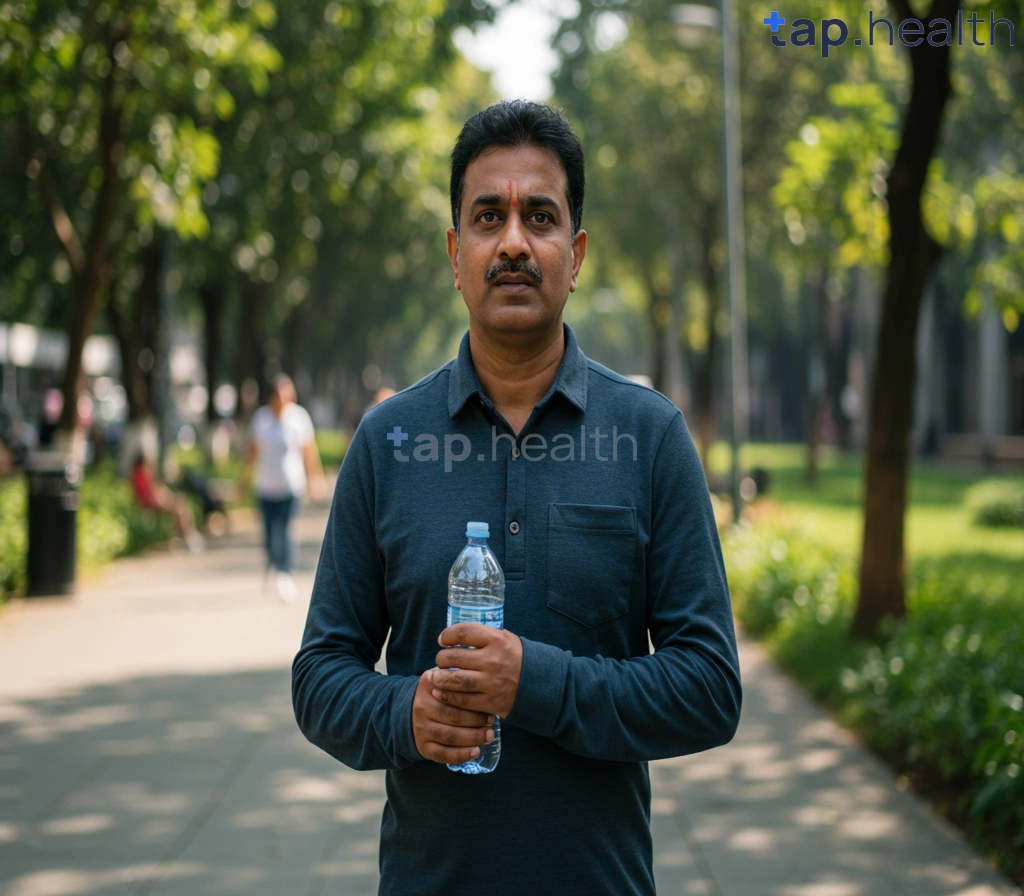Table of Contents
- Top Publications for Diabetes Management
- Understanding Diabetes: A Guide to Key Resources
- Essential Reading: Publications on Diabetes Prevention and Control
- Navigating Diabetes: Publications for Better Health Outcomes
- Best Books and Journals for Understanding Diabetes
- Frequently Asked Questions
- References
Living with diabetes can feel like navigating a complex maze, but you don’t have to do it alone. Understanding diabetes is key to effective management, and the right information is your compass. This blog post is dedicated to guiding you through a selection of essential publications – books, websites, and journals – that can significantly improve your understanding and empower you to take control of your health. We’ll explore resources designed to simplify complex medical information, making it easier to make informed decisions about your treatment and lifestyle. Ready to embark on this journey towards better diabetes management? Let’s get started!
Top Publications for Diabetes Management
Managing diabetes effectively is crucial, especially considering that over 75% of people living with this condition reside in low- and middle-income countries, as highlighted by the IDF Diabetes Atlas. This statistic underscores the vital need for accessible and culturally relevant information in regions like India and other tropical countries. Finding trustworthy sources for diabetes management can be challenging, so we’ve compiled a list of helpful publications.
Reliable Online Resources & Associations:
Many reputable online platforms offer valuable information on diabetes management tailored to specific needs. Look for organizations and websites offering resources in your local language. These often include practical advice on diet, exercise, and medication management specific to the Indian subcontinent and tropical climates. Focus on sources that address the unique challenges faced in your region, such as access to healthcare and affordable medications. For practical tips to incorporate into your daily routine, check out our blog on 10 Proven Tips for Effective Diabetes Management.
Journals & Medical Publications:
While medical journals might seem daunting, they offer in-depth research and the latest advancements in diabetes care. However, prioritize those with summaries and articles written in accessible language. Look for publications that feature research focusing on South Asian populations and tropical diseases, which can provide insights relevant to your specific context.
Government & NGO Initiatives:
Many governments and non-governmental organizations (NGOs) in India and other tropical countries offer educational programs and materials on diabetes management. These often include free resources, support groups, and educational campaigns. Actively seek out these local initiatives for personalized guidance and support. They can provide vital information on local support networks and initiatives. As you age, managing diabetes presents unique challenges. Learn more about these and find solutions in our guide: Managing Diabetes as You Age: Challenges and Solutions.
Finding the Right Fit:
Remember to critically assess the source’s credibility and ensure the information aligns with your doctor’s recommendations. Prioritize publications that offer practical, actionable advice, and always consult your healthcare provider before making any significant changes to your diabetes management plan. Your health journey is unique, and finding the right resources is a key step towards effective management.
Understanding Diabetes: A Guide to Key Resources
Diabetes affects a significant portion of the global population, with a substantial number falling within the 20-64 age group (61%, according to the IDF Diabetes Atlas). In Indian and tropical countries, this demographic faces unique challenges due to factors like lifestyle, dietary habits, and access to healthcare. Understanding diabetes management is therefore crucial, and accessing reliable information is paramount.
Finding Reliable Information in Indian and Tropical Contexts
Navigating the wealth of information available online can be overwhelming. For individuals aged 20-64, as well as those 65 and older (39% of those with diabetes), finding trustworthy resources tailored to their specific needs is essential. Look for publications from reputable organizations such as the World Health Organization (WHO), the International Diabetes Federation (IDF), and local health ministries. These sources often provide region-specific guidelines and recommendations, crucial for effective diabetes management in diverse climates and cultural contexts.
Practical Steps for Better Management
Prioritize credible sources. Be wary of unsubstantiated claims and focus on information backed by scientific evidence. Seek advice from healthcare professionals, including endocrinologists and registered dietitians, who can provide personalized guidance based on your individual needs and circumstances. Engage with local support groups. Connecting with others facing similar challenges can offer invaluable emotional and practical support. Remember, consistent self-monitoring, adherence to treatment plans, and a healthy lifestyle are key to managing diabetes effectively. For practical tips on effective management, check out our guide: 10 Proven Tips to Effectively Manage Diabetes | Simple Guide.
Taking Action
In Indian and tropical countries, access to timely and accurate information is paramount for effective diabetes management. Seek out reputable resources, consult healthcare professionals, and actively engage with support groups to navigate your journey with diabetes successfully. Your proactive approach will make a significant difference in your overall health and well-being. If you’re planning any travel, remember to check out our tips for: Traveling with Diabetes: Essential Tips for a Safe & Healthy Journey
Essential Reading: Publications on Diabetes Prevention and Control
Up to 80% of Type 2 diabetes cases can be delayed or prevented through lifestyle changes, a fact supported by research. This highlights the crucial role of accessible information in managing and preventing this prevalent condition, especially in India and other tropical countries. Understanding diabetes requires access to reliable and relevant resources. This is particularly important given the high prevalence of diabetes in these regions, often linked to dietary habits and lifestyle factors.
Finding Reliable Information on Diabetes Management in India and Tropical Climates
Navigating the wealth of information available can be challenging. Therefore, seeking out credible sources is paramount. Look for publications from reputable organizations like the Indian Council of Medical Research (ICMR) or the World Health Organization (WHO), focusing on diabetes prevention and management strategies relevant to the Indian subcontinent and other tropical regions. These sources often incorporate region-specific data and address challenges unique to these populations, such as dietary considerations and access to healthcare.
Practical Steps Towards Better Diabetes Management
Focus on lifestyle modifications such as incorporating regular physical activity, maintaining a healthy weight, and adopting a balanced diet rich in fruits, vegetables, and whole grains. These are crucial steps in preventing or managing diabetes effectively. Consider consulting with healthcare professionals, including doctors and registered dietitians, for personalized advice tailored to your specific needs and circumstances. They can provide guidance on creating a manageable plan that fits your lifestyle and cultural context. Remember, early detection and consistent management are key to preventing serious complications associated with diabetes. Access to reliable information is the first step on this path to better health. For more information on preventing long-term complications, check out our guide on How to Prevent Long-Term Complications of Diabetes: Easy Tips. And to learn about protecting your heart, read our article on Protect Your Heart from Diabetes: 5 Essential Steps.
Navigating Diabetes: Publications for Better Health Outcomes
Globally, the burden of diabetes is staggering, with a shocking 50% of cases remaining undiagnosed, according to the International Diabetes Federation. This alarming statistic highlights the urgent need for accessible and reliable information, especially in regions like India and other tropical countries where diabetes prevalence is high. Effective diabetes management relies heavily on knowledge and proactive steps. Therefore, identifying credible sources of information is crucial for better health outcomes.
Finding Reliable Information Sources
For individuals in India and tropical countries, accessing quality information on diabetes management can be challenging. Language barriers, limited internet access, and cultural factors often play a significant role. However, several resources can provide valuable support. Look for publications from reputable organizations like the Indian Council of Medical Research (ICMR) or the World Health Organization (WHO), focusing on diabetes management guidelines specific to South Asian populations. These often consider the unique dietary and lifestyle factors prevalent in the region.
Practical Steps for Better Management
Beyond formal publications, consider seeking out local support groups and diabetes clinics. These offer invaluable peer support and tailored advice. Remember that effective diabetes management is a personalized journey. While general guidelines are helpful, individual needs vary greatly. Prioritizing regular check-ups with healthcare professionals and adopting a healthy lifestyle are crucial for success. For more information on creating a personalized plan, check out Personalized Diabetes Control: Your Key to Better Health.
Taking Action
In India and tropical countries, proactive steps are vital. Don’t let the high rate of undiagnosed diabetes deter you; actively seek information and support. Start by exploring trusted online and offline resources, connecting with local healthcare providers, and joining relevant support groups. The impact of proper education cannot be overstated; learn more about its benefits in How Diabetes Education Enhances Health Outcomes – Tap Health. Your health journey is worth investing in.
Best Books and Journals for Understanding Diabetes
Managing diabetes effectively requires a comprehensive understanding of the disease and its potential complications. Nearly 30% of individuals with diabetes develop diabetic nephropathy, highlighting the crucial role of education in preventing severe kidney disease. This underscores the importance of accessing reliable information tailored to the specific needs of individuals living in Indian and tropical countries, where diabetes prevalence is high. Choosing the right resources is key to navigating this complex health challenge.
Essential Reading for Indian and Tropical Climates
For a deeper dive into diabetes management specific to Indian and tropical contexts, consider books focusing on the unique challenges faced in these regions. These challenges may include dietary differences, access to healthcare, and prevalent comorbidities like hypertension. Look for publications that address these factors and offer practical, culturally relevant advice. Many medical journals also publish research pertinent to these regions, offering the latest insights into diabetes treatment and prevention. Searching for articles focusing on “diabetes management in India” or “tropical diabetes” will yield valuable information.
Reliable Sources for Comprehensive Information
Beyond region-specific resources, several internationally recognized journals and books offer excellent overviews of diabetes. Look for publications that cover the latest advancements in diabetes research, management strategies, and the impact of lifestyle modifications such as diet and exercise. Exploring resources from reputable medical organizations can also provide valuable insights and help you make informed decisions about your health. Remember to always consult with your doctor or a qualified healthcare professional before making any changes to your diabetes management plan. Prioritizing your health through informed choices is crucial. Making healthy food choices is a key part of managing diabetes, and you can learn more about 20 Best Foods for People with Diabetes – Tap Health.
Taking the Next Step
In India and tropical countries, accessing reliable information and support is vital for effective diabetes management. Seek out local support groups and diabetes education programs to connect with others facing similar challenges and receive personalized guidance. Empowering yourself with knowledge is the first step towards better managing your diabetes and improving your overall health and well-being. Understanding the connection between Understanding the Link Between Diabetes and Obesity can also be very beneficial.
Frequently Asked Questions on Diabetes Management: Essential Publications | Health Guide
Q1. What are the most reliable sources of information for managing diabetes?
Prioritize publications offering practical, region-specific advice, considering healthcare access and cultural context. Reputable online resources, accessible medical journal summaries, government/NGO initiatives, and local support groups are all valuable.
Q2. How can I effectively manage my diabetes and prevent complications?
Lifestyle modifications (diet and exercise) are crucial. Early detection and consistent self-monitoring are paramount to prevent serious complications. Always consult a healthcare professional before making significant treatment changes.
Q3. What is the importance of culturally relevant information and support in diabetes management?
Accessing information tailored to your cultural context and engaging with local support groups significantly improves health outcomes and adherence to treatment plans.
Q4. Where can I find trustworthy online resources for diabetes information?
Look for reputable online resources from established health organizations, government agencies, or well-known medical institutions. Be cautious of information from less credible sources.
Q5. Should I change my diabetes treatment plan based on online information?
No. Always consult your healthcare professional before making any significant changes to your diabetes treatment plan. Online information should supplement, not replace, professional medical advice.
References
- A Practical Guide to Integrated Type 2 Diabetes Care: https://www.hse.ie/eng/services/list/2/primarycare/east-coast-diabetes-service/management-of-type-2-diabetes/diabetes-and-pregnancy/icgp-guide-to-integrated-type-2.pdf
- Children with Diabetes : A resourse guide for families and school. : https://www.health.ny.gov/publications/0944.pdf




